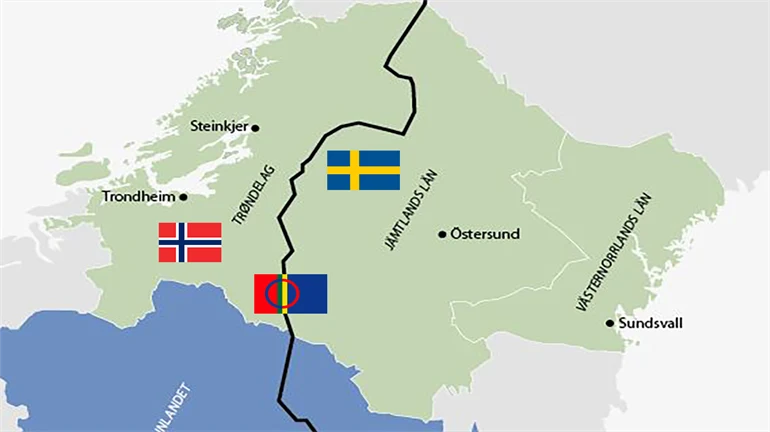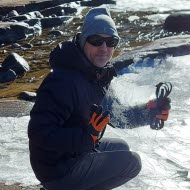The historical discipline has developed and broadened significantly during the 20th century. While a hundred years ago, the main interest was in older political history, today, historians devote themselves to every conceivable aspect of the social whole, from the earliest times to our own contemporary history: culture, ideas, environmental aspects, social and economic conditions, and, of course, politics. Today, historians also study the history of their own discipline, its social importance and philosophical and theoretical starting points.
At Mid Sweden University, the breadth of this subject is reflected in the research carried out. The breadth applies to time, space and thematics. Medieval historical research within the subject analyses, for example, the political changes in Europe during the late Middle Ages through the church’s spiritual care of subjects and princes, and representations of poverty during that same period.
Early modern history (ca 1500-1800) is also well represented, exploring, among other things, the relations between nobility, the church, royal power and the population; violent crime; witchcraft and witch trials; military historical aspects of the Great Nordic War 1700–1721; and the development of the parish Sami church institution during the 18th century in the southern Sami area.
More modern historical research has long included a group who study different aspects of forestry, forest ownership and forest trade in southern Norrland, as well as issues of urbanisation and local politics in the immediate surroundings of Mid Sweden University. The subject also explores, for example, the history of skiing and how it has raised issues of nationalism, ethnicity and gender. Other researchers study the societal importance of the archive system; representations of Swedish society and Swedish women in relation to the outside world during the post-war period in the Swedish women’s movement; anti-Semitism and Jewish history in Sweden; the history of the family; and relations between state powers and associations over time. Notions of national identity and citizenship in Latin America during its liberation process from Spain are also examined, as well as how concepts such as liberal and conservative were used and changed meaning in Swedish politics at the end of the 18th century and the early part of the 19th century. Likewise, some researchers devote themselves to the history of crime and education, archive theory, history usage and historiography, as well as themes concerning ecocriticism, museum pedagogy, and the political and ideological meanings of cultural heritage.
Many researchers work in projects together with colleagues in other subjects and at other higher education institutions. The great breadth – which is the profile of the subject – also allows for a spirit that inspires subject researchers to broaden their interests and try their hand at research areas that are so far untested.
For more detailed information about the research described, please refer to the researchers’ own profile pages here on Miun’s website.





















